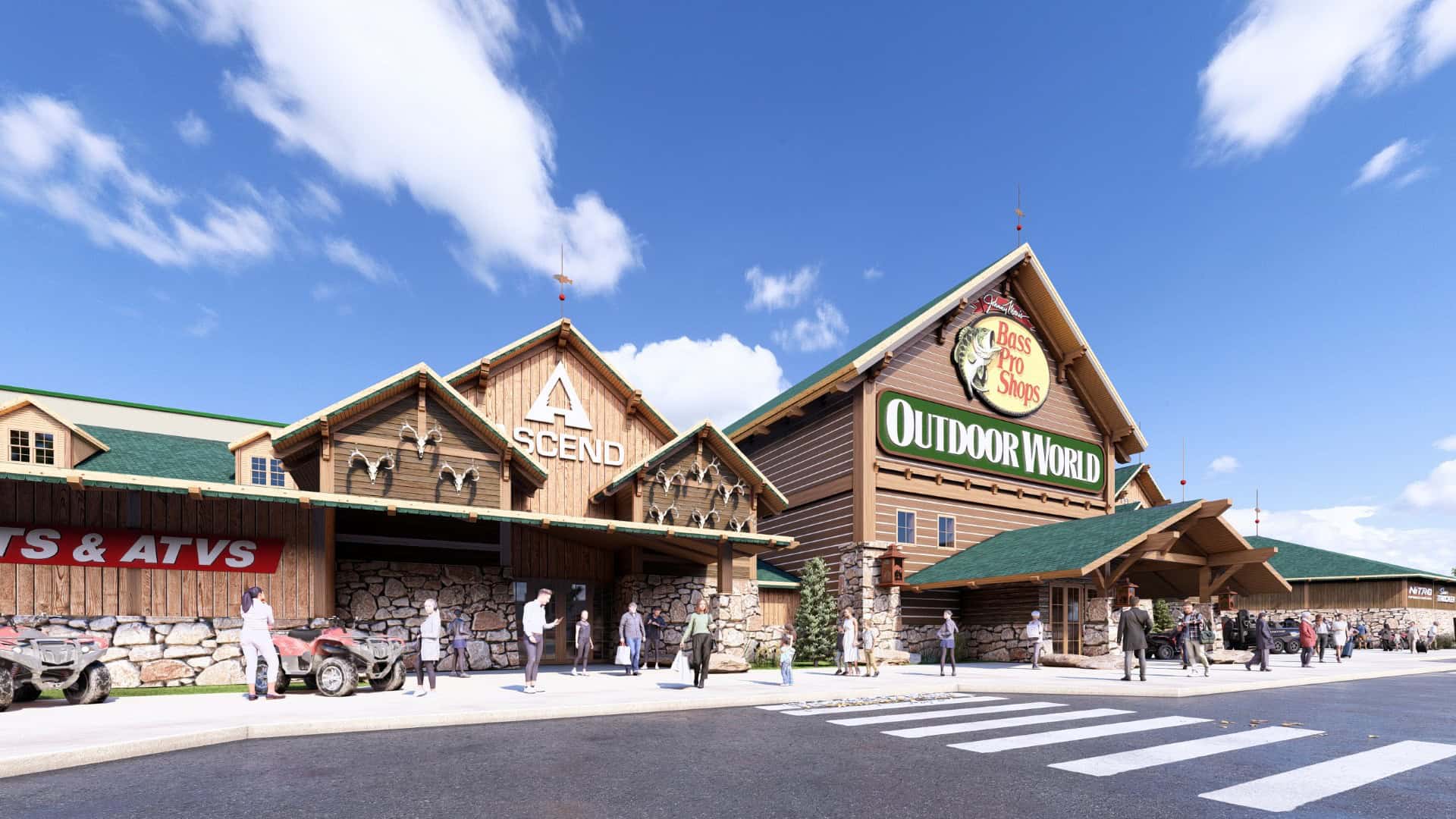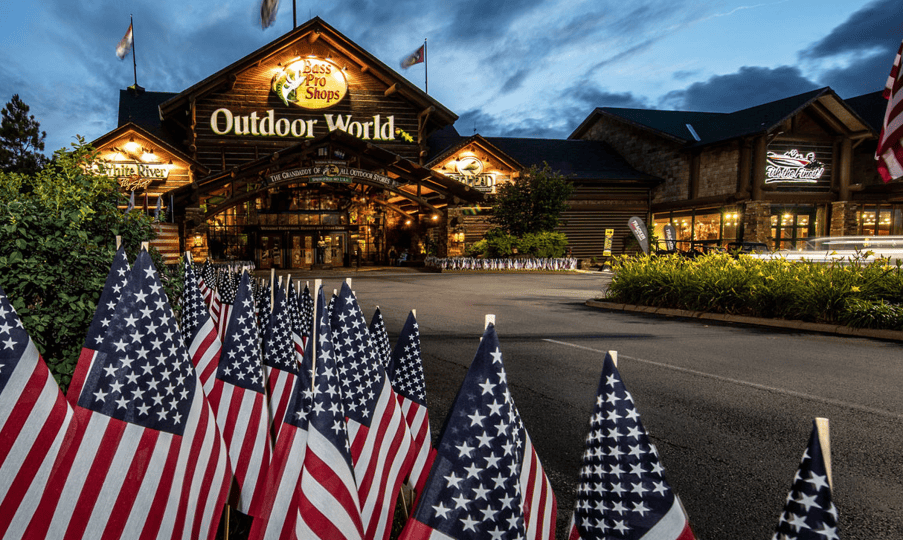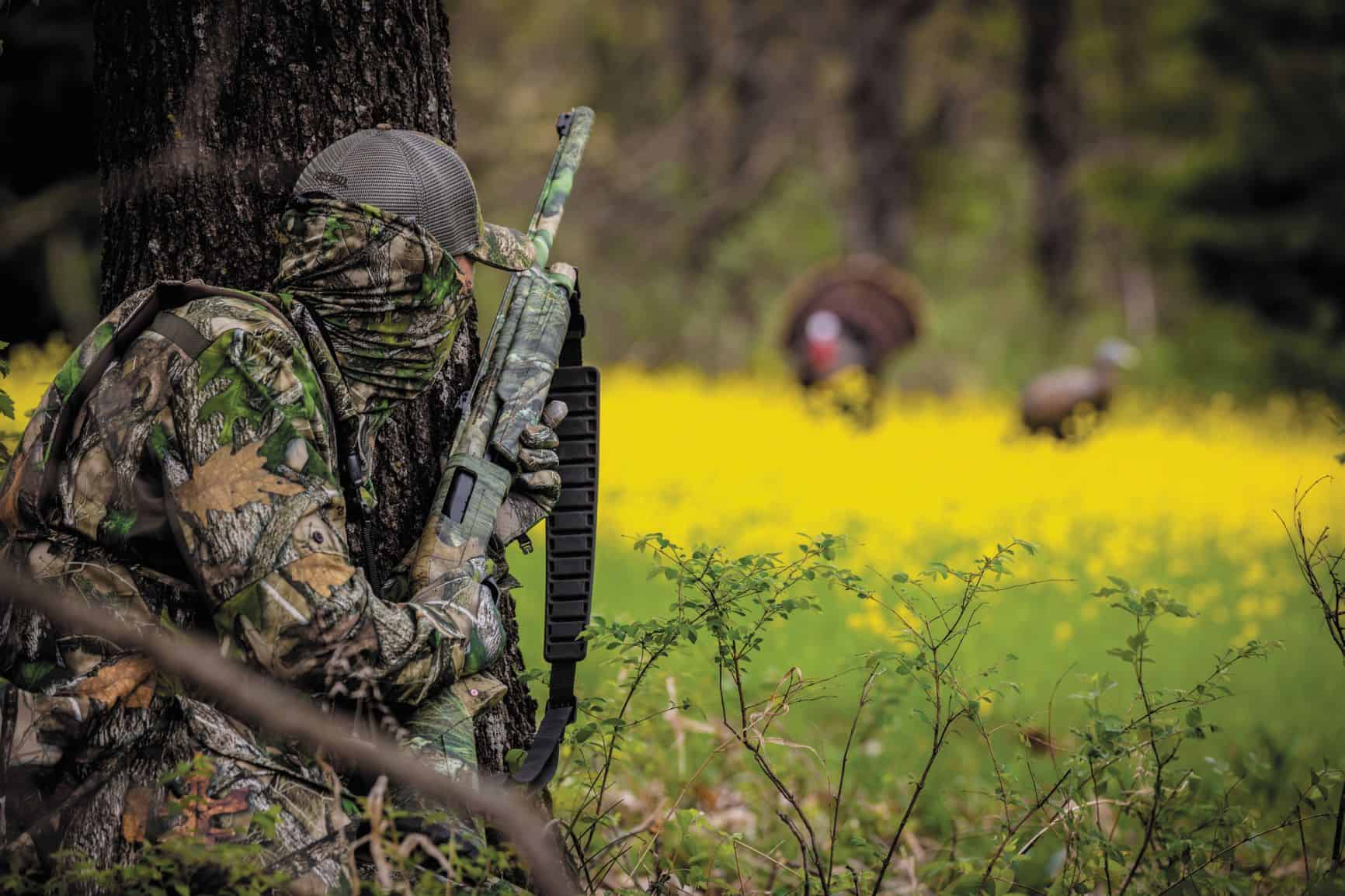
NWTF, Bass Pro Shops and One of the Greatest Success Stories in Conservation
Since the days of its founding, there has been a direct connection between the wild turkey and the United States of America. Turkeys not only provided a valuable food source for early Americans, but a widely distributed target for America’s sportsmen—hunters both past and present. The symbolic connection between America and the wild turkey is such that Benjamin Franklin himself is said to have extolled the wild turkey’s many virtues.
Much like the bird itself, the National Wild Turkey Federation is a uniquely American institution. Founded by sportsmen in 1973, the Federation boasts what may be one of the most direct and successful records on the conservation landscape. When the NWTF was founded there were an estimated 1.3 million wild turkeys in North America. Today, after decades of targeted work with sportsmen and state wildlife agencies that number is estimated at around 6 million.
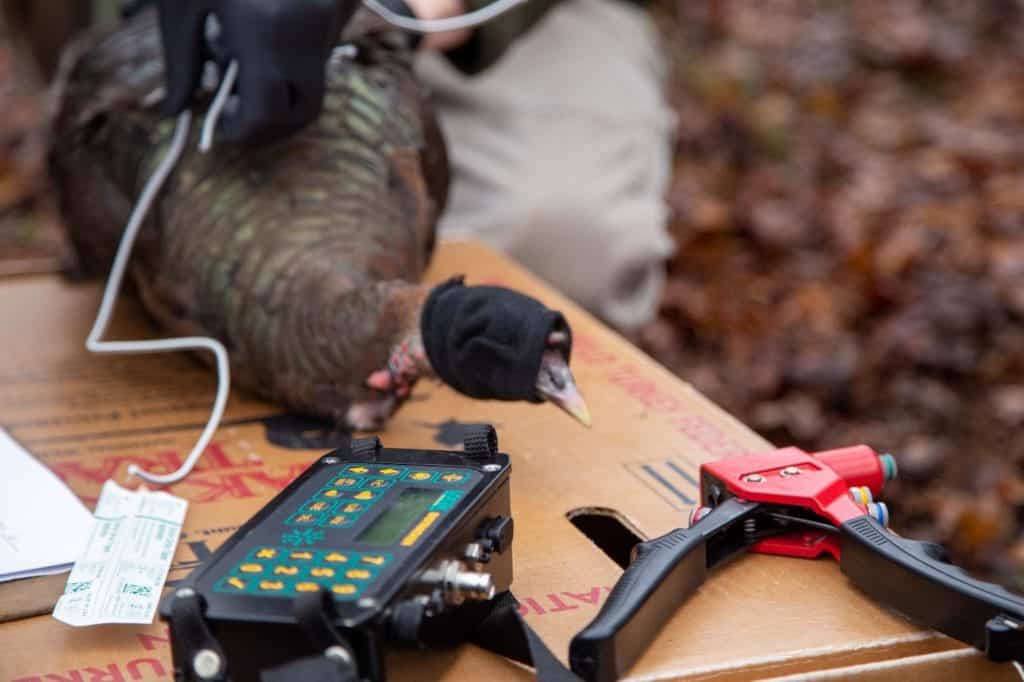
Johnny Morris and the Bass Pro Shops family of outdoor companies are proud to stand alongside the NWTF in furtherance of its world-changing work. In fact, the National Wild Turkey Federation recognizes Morris as the largest and most influential contributor in the group’s history. With a network of support that includes Morris, Bass Pro Shops and Cabela’s and sportsmen and women across the U.S., the National Wild Turkey Federation empowers a suite of diversely powerful conservation initiatives.
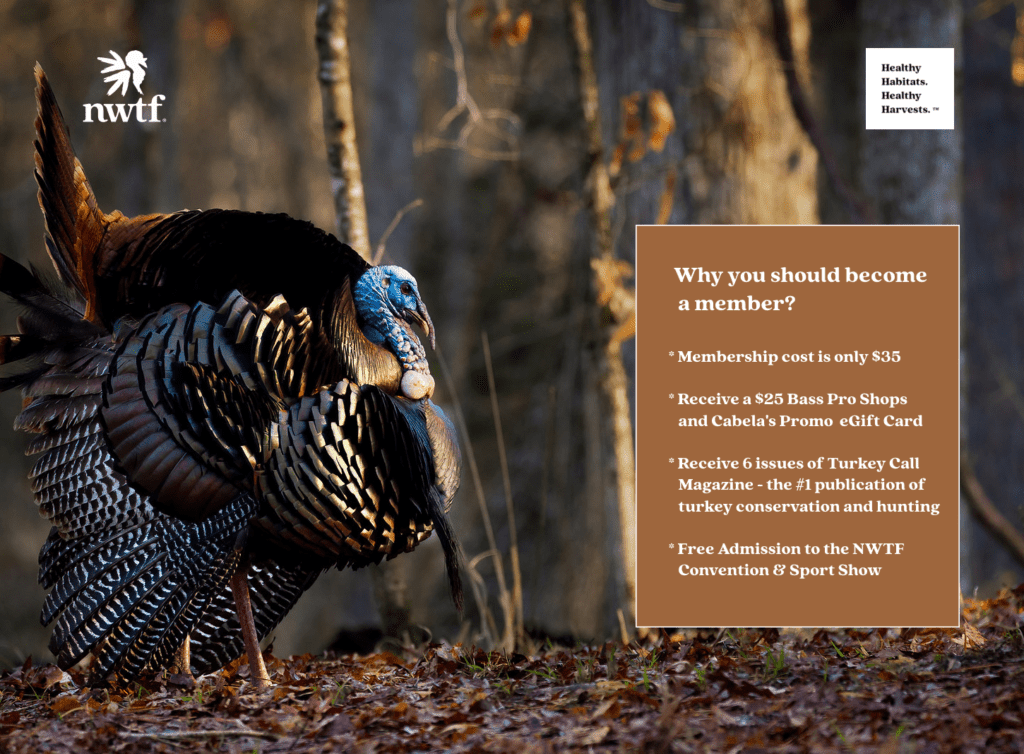
What follows is a profile of not only the relationship between Morris and the National Wild Turkey Federation, but one of the most successful conservation stories in history. It’s success is measured not simply in numbers of wild turkeys, but in habitat conservation across the US and in the Federation’s unique ability to showcase the value of America’s sporting heritage.
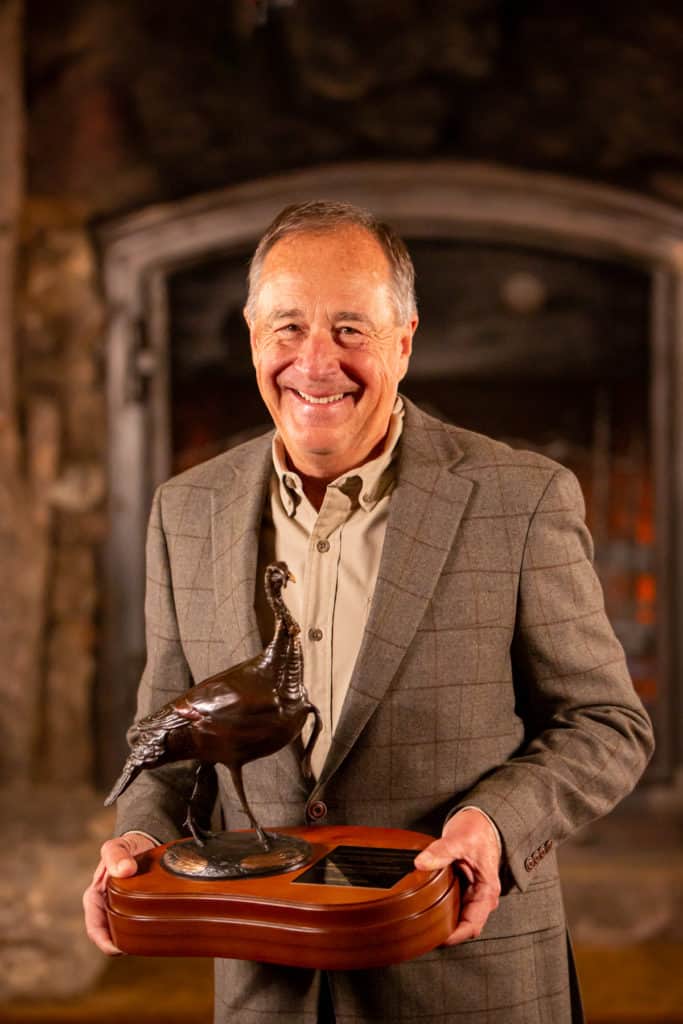
The National Wild Turkey Federation
The wild turkey is a uniquely charismatic bird. The powerful, other-worldly sound of a big tom strutting and drumming has captivated sportsmen in America for centuries. Be them Eastern, Rio Grande, Osceola, Merriam’s, Gould’s or hybrid, subspecies of wild turkey are widely distributed across the United States and into Mexico and Canada.
The habitats the birds live in and their wide distribution make them not only a favorite of sportsmen and women, but an ideal candidate for conservation. The work of the NWTF illustrates the intersection between hunting and conservation directly.
After all, sportsmen have been America’s conservation heroes since the days of Audubon and Roosevelt. The men and women who take to the woods every spring – decked out in camo and equipped with their favorite manner of turkey call – carry this mantle today.
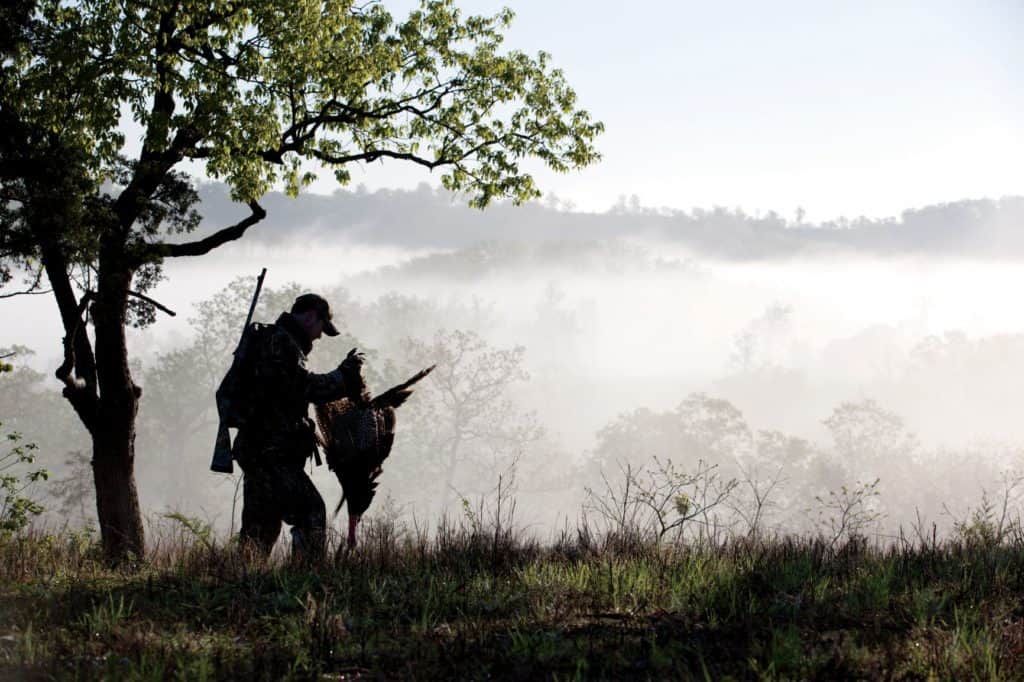
The National Wild Turkey Federation not only showcases the power of the sportsman but leverages its influence to improve the world. The organization’s conservation record attests to the power of this approach. Consider the following:
- The National Wild Turkey Federation has facilitated an investment of more than $500 million in wildlife conservation and in programs that preserve North America’s hunting heritage.
- NWTF programs, working with partners, have conserved or enhanced more than 20 million acres of wildlife habitat.
- Each year the National Wild Turkey Federation introduces thousands of people to the great outdoors.
For this uniquely successful track record, the National Wild Turkey Federation stands behind two things: science-based conservation and hunters’ rights. The organization’s multi-faceted, sportsmen-centered approach continues to change how we view conservation. Dedication to wild turkey conservation and preservation of hunting heritage inform every aspect of the NWTF’s operation.
The Evolution of Conservation
These days the work of the National Wild Turkey Federation directly benefits wild turkey and indirectly benefits millions of people. The habitat focus of the organization enhances and conserves the wild places that are necessary to not only turkey but a host of other game and nongame species. As the group looks toward the future, it embraces its past and boldly charts a course that involves both people and places.
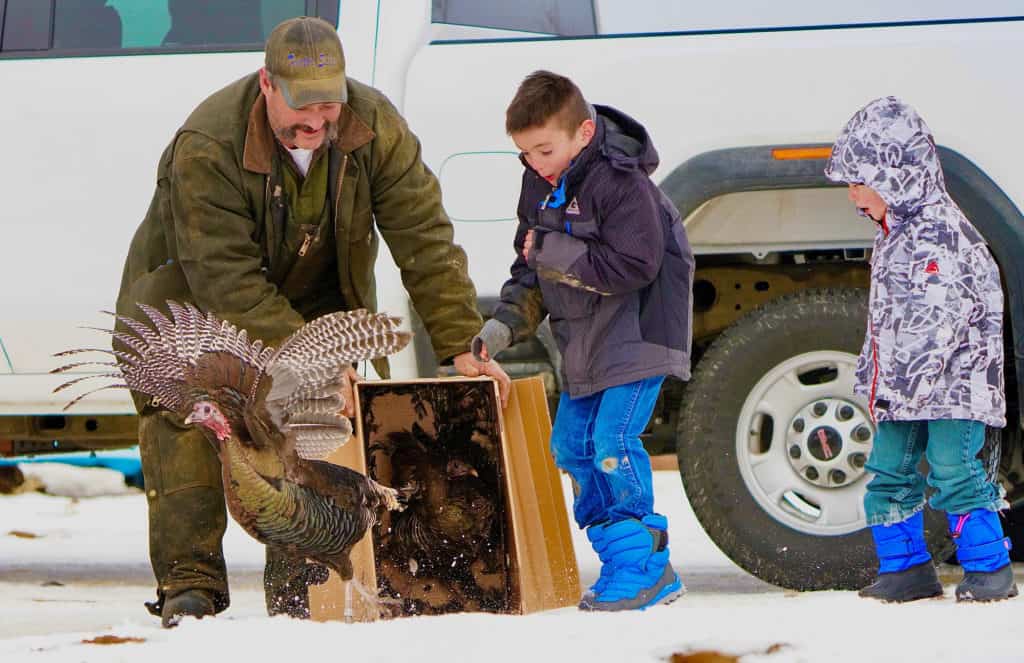
Much of the National Wild Turkey Federation’s early work involved partnering directly with state wildlife agencies to advance reintroduction of turkey to aspects of its historical range. Like many game species in America, the wild turkeys were extirpated from many of the places they once lived. A first order of business for the National Wild Turkey Federation’s first two decades was highlighting and communicating the importance of relocating wild birds into areas no longer inhabited. Range expansion served to not only increase populations of wild turkeys, but to increase access for sportsmen to hunt them.
As the NWTF gained credibility and trap-and-transfer efforts succeeded, the organization’s focus began to include habitat conservation and education. The process of improving habitat for turkey—generally ensuring access to trees, grasses and water– also makes it better for a variety of plant and wildlife species.
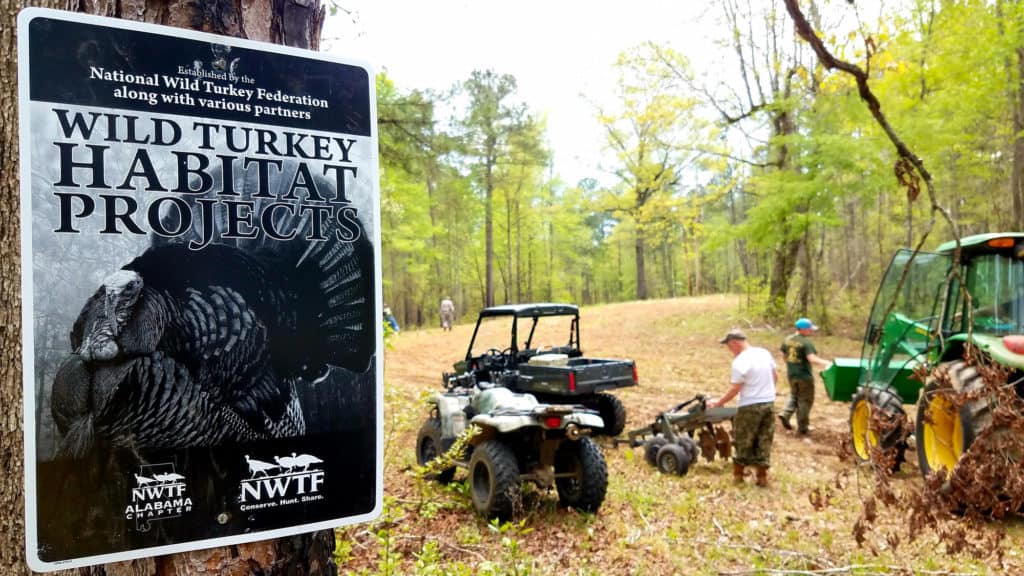
The federation’s landscape view of conservation is evident in its “Save the Habitat. Save the Hunt.” initiative. Through this campaign alone, the NWTF has conserved more than 4 million acres, recruited upwards of 1.5 million hunters and opened access to some 500,000 acres for hunting and recreation.
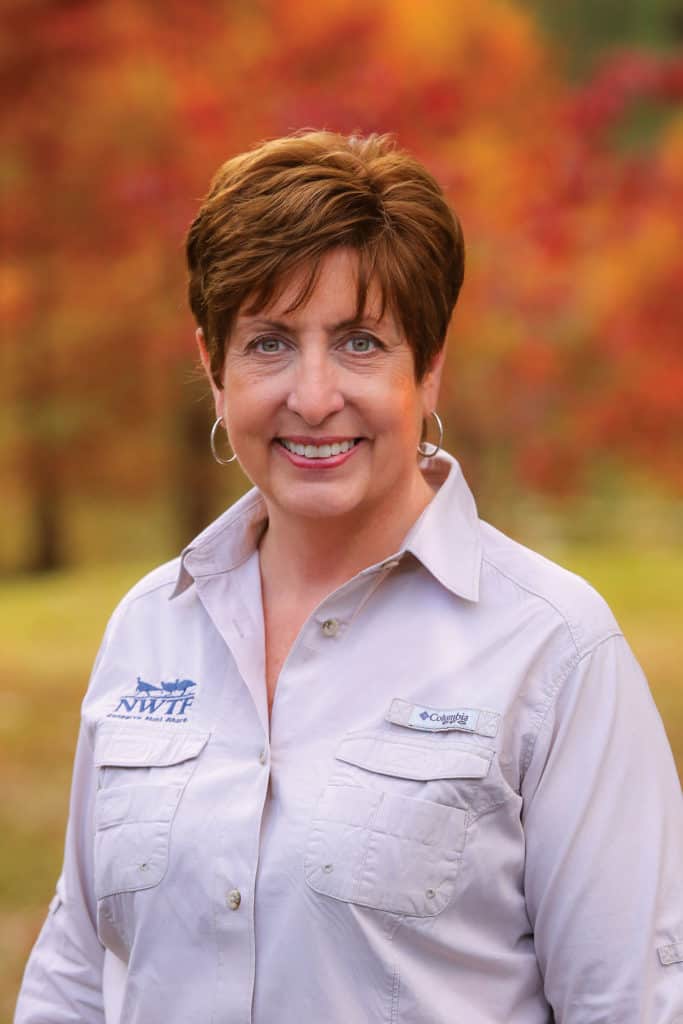
The NWTF’s next step involves taking it’s world-changing approach to conservation on to the majesty of the American West. Bass Pro Shops applauds the Federation’s leadership in the Western Shared Stewardship Initiative. This partnership aims to conserve or enhance habitats across the West at watershed scale, creating resilient forests and improving watersheds across the country. Benefits from the project will include clean water for drinking, agriculture, wildlife and recreation and healthy habitat that provides ample recreational access.
No matter the name of the campaign, improved habitat for wildlife creates a cascading stream of benefits for people as well. After all, clean water and open spaces are good for everyone—whether or not they ever take a shotgun into the woods. Part of the genius of the National Wild Turkey Federation’s approach involves this realization and embracing the many levels of benefit it creates.
Showcasing Hunting’s Heritage, Investing in Its Future
As the NWTF looks to the future, the group not only conserves wild places, but invests in attracting new participants to the activities that drive conservation. When it comes to hunting, the National Wild Turkey Federation is active on both sides of the equation: attracting new sportsmen and women and showcasing the value of heritage.
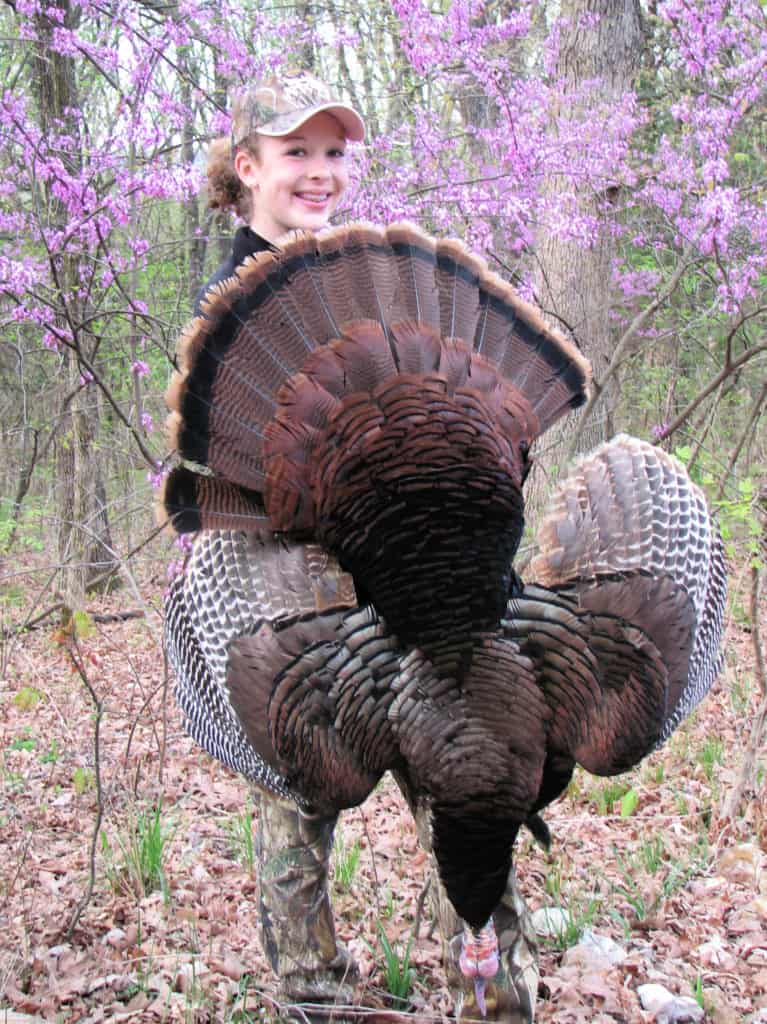
Johnny Morris donated $1 million to the NWTF Hunting Heritage Center in South Carolina. Home to the NWTF Palmetto Shooting Complex, the Outdoor Education Center, the Wild Turkey Center and the Winchester Museum, this facility has provided the Federation the ability to share hunting and history with the public. The facility also hosts shooting events that have invited tens of thousands of people to experience the joys of outdoor recreation first hand.
This is important work that benefits hunters directly. How do sportsmen and women benefit from hunter recruitment and engagement? Through excise taxes on sporting goods and license sales, hunters pay for the conservation of the places and animals they love. The National Wild Turkey Federation’s outreach and advocacy efforts, therefore, have as much to do with wild turkeys as they do with the people who are passionate about hunting them.
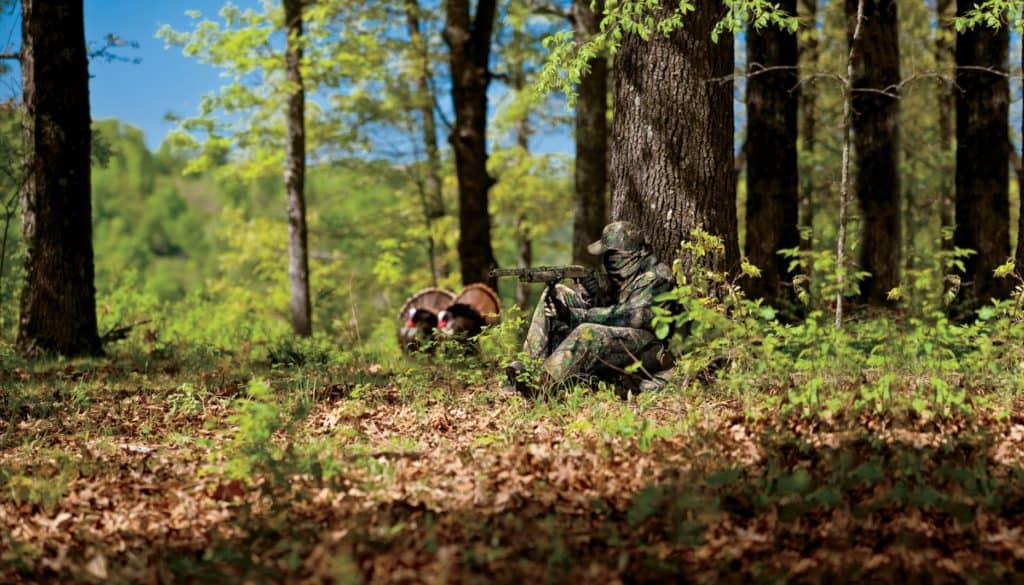
Conclusion
The wild turkey is one of the world’s greatest conservation success stories. The dedicated, passionate work of the NWTF continues to write this story for all the world to see. Johnny Morris and the Bass Pro Shops family of outdoor companies are proud to stand alongside sportsmen—the backbone of conservation— and the National Wild Turkey Federation to make the world a better place.
We would like to thank our customers for their continued and unending support of conservation. For more on how the Bass Pro Shops and Cabela’s Outdoor Fund is changing the conservation landscape, read this.

